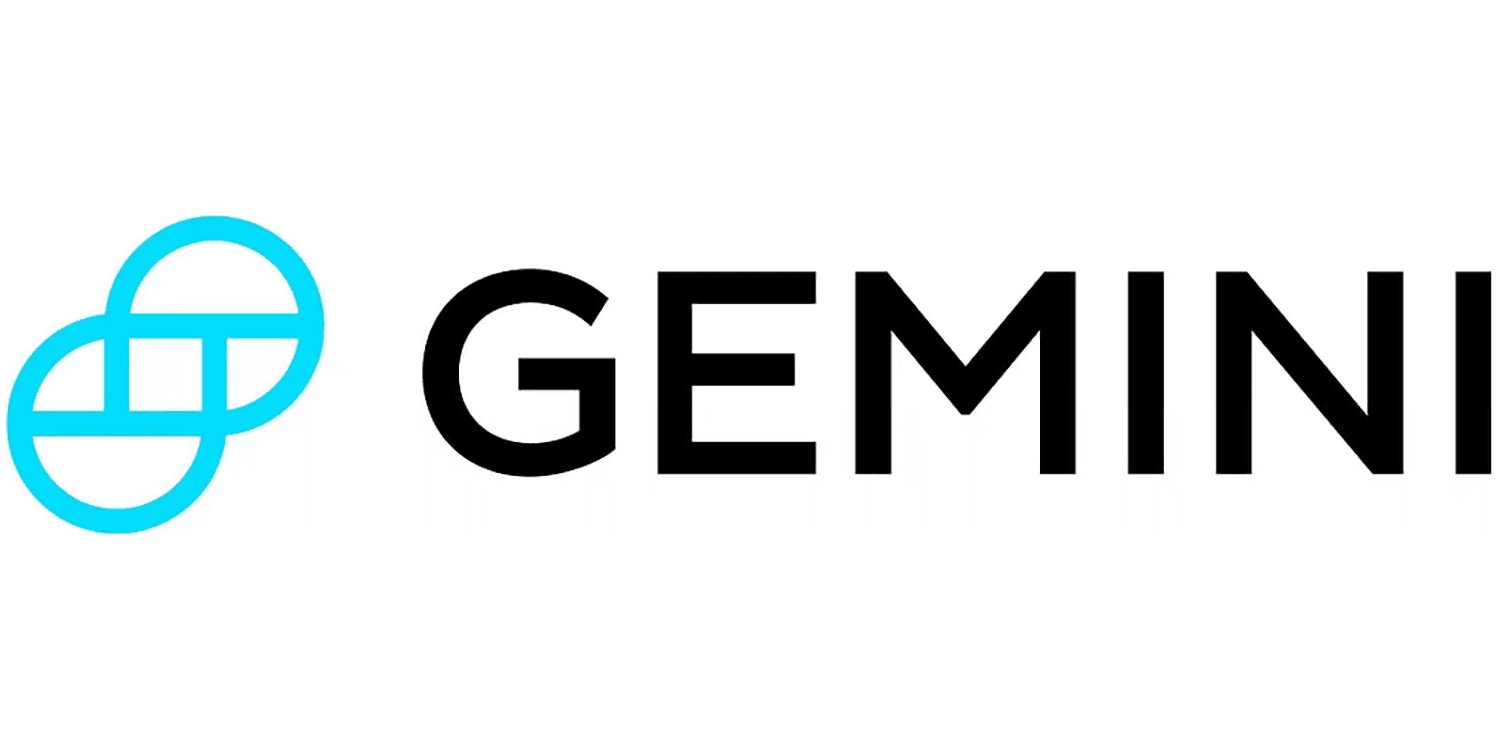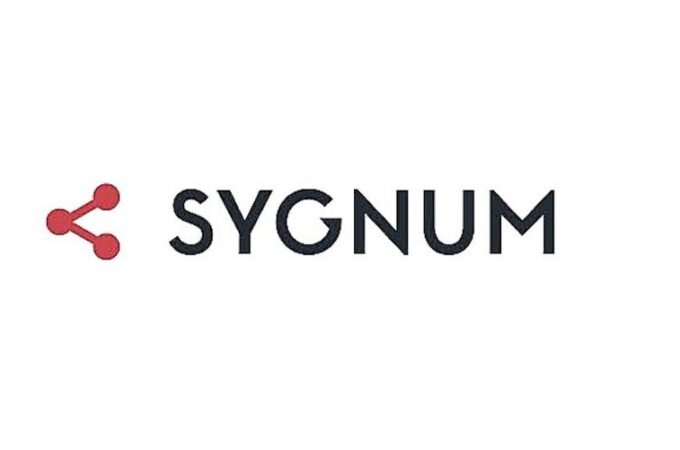
Gemini Completes Full Return of $2.18 Billion to Earn Program Users
Gemini has successfully returned $2.18 billion worth of digital assets to its Earn program users. This recovery comes after an 18-month period during which withdrawals were suspended due to the financial troubles of Genesis Global Capital, the lending partner for the Gemini Earn program. The successful distribution marks a significant milestone in crypto bankruptcies, reflecting a 232% recovery from when Genesis first halted withdrawals in November 2022.
The Gemini Earn program, launched in 2021, allowed users to lend their crypto assets to Genesis in exchange for high yields, reaching up to 7.4% annual percentage yield (APY). However, the program faced a major setback in November 2022 when Genesis paused new loan originations and redemptions amid a liquidity crisis exacerbated by the collapses of major crypto entities like Three Arrows Capital and FTX. This forced Gemini to halt withdrawals from its Earn program, leaving approximately 232,000 users unable to access their funds.
The turning point in this ordeal came through a settlement agreement involving Gemini, Genesis, and other creditors. The agreement facilitated the return of 100% of the digital assets in kind, ensuring users received the same type and quantity of assets they had initially lent. For instance, users who lent one Bitcoin received one Bitcoin back, allowing them to benefit from any appreciation in asset value since the initial loan. The total value of the returned assets, calculated based on prices as of May 28, 2024, was significantly higher than when withdrawals were halted, illustrating a 232% increase.
This remarkable recovery was made possible through several strategic actions by Gemini. Despite Genesis’s failure to deliver the full collateral promised, Gemini secured over 62 million shares of the Grayscale Bitcoin Trust (GBTC) to back the loans. Although Genesis did not provide more than half of the promised collateral, the collateral that was delivered played a crucial role in achieving this unprecedented recovery. Additionally, Gemini contributed $50 million to the recovery fund, underscoring its commitment to its customers.
Legal and regulatory challenges have also shaped the landscape of this recovery. The U.S. Securities and Exchange Commission (SEC) and the New York Attorney General’s office took legal actions against Genesis and Gemini. The SEC accused the entities of offering unregistered securities through the Earn program, resulting in Genesis agreeing to pay a $21 million civil penalty. Meanwhile, the New York Attorney General secured a $2 billion settlement to address investor fraud claims, which required Genesis to return funds to investors and cease operations in New York.
Gemini’s co-founders, Cameron and Tyler Winklevoss, have emphasized that the Genesis bankruptcy was not indicative of inherent issues within the cryptocurrency industry but rather a case of financial misconduct compounded by regulatory ambiguity. They have called for clearer regulatory guidelines to foster both innovation and consumer protection in the crypto space.
The recovery of digital assets for Gemini Earn users is a rare and significant event in the context of crypto bankruptcies. Unlike other crypto firms that have struggled to return even a fraction of customer funds, Gemini’s achievement stands out. For example, the bankrupt exchange FTX has promised to return 100% of customers’ funds based on their value at the time of bankruptcy, which was significantly depressed, contrasting with Gemini’s in-kind recovery approach.
Customers of the Gemini Earn program are expected to receive the remaining 3% of their assets within the next year, completing the full recovery process. This successful resolution not only restores customer confidence but also sets a new standard for handling crypto bankruptcies. It highlights the importance of robust collateral management, strategic legal settlements, and proactive regulatory engagement in safeguarding investor interests.





